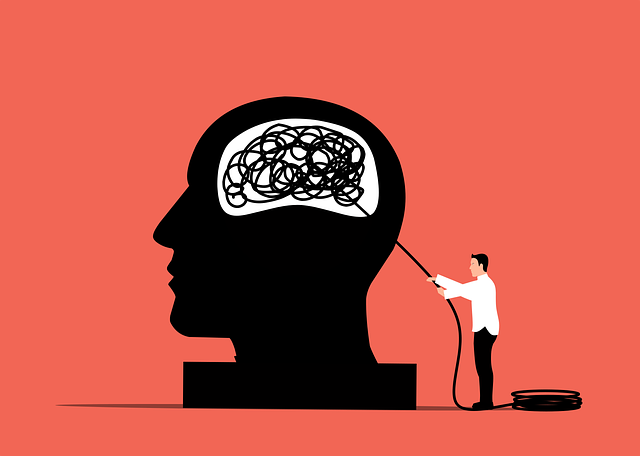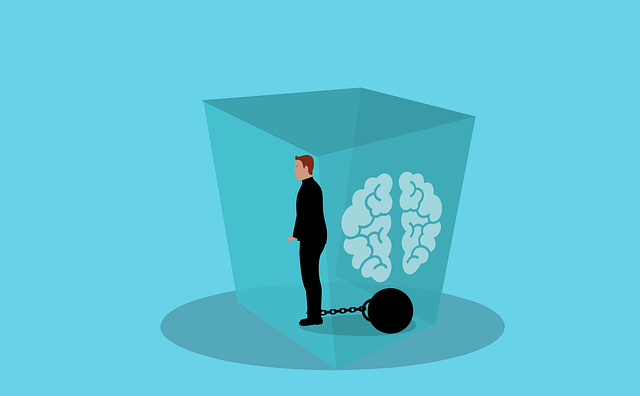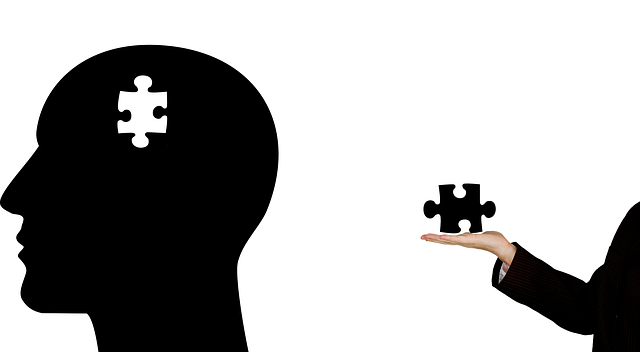A night with friends and heavy drinking often leaves one with typical hangover symptoms – thirst, headache, muscle pain, nausea, and sensitivity to light. But according to survey reports, 22% of people under 30 also experience psychological symptoms besides hangovers. This includes feeling depressed or anxious the next morning – often regarded as “hangxiety.” A person dealing with such a circumstance undergoes mood swings on top of the physical symptoms of a hangover that already exists. But have you ever thought of digging deep? Or tried to find what causes hangxiety and how to deal with it. A thorough read into the article will help you with the same.
What Causes Hangxiety?
People undergoing a certain phase of their life, happy, sad, or nothing at all, often choose alcohol as a medium to celebrate or mourn. Once you are drunk, alcohol starts to affect your brain, even before the digestive system. It acts as an anti-anxiety drug, stimulating the GABA receptors that anti-anxiety proponents like Valium and Xanax can only activate.

That is why people start feeling relaxed and chilled after consuming alcohol. The first two drinks take one into a blissful GABA-induced state. However, a brain-slackening effect kicks in after the third or fourth drink. The effect starts blocking glutamate – a primary excitatory transmitter in the brain. According to researchers, more glutamate leads to more anxiety, while the anxiety level is less when you have the glutamate amount in control.
So when you are fully drunk, alcohol reduces the chatter in your brain by stimulating GABA and nullifying the glutamate levels. You feel like nothing will ever go wrong! However, your body registers the imbalance in the brain chemicals and tries to get things back to normal. Once sober the next day, your body gets on a mission to reduce the GABA levels and turn the glutamate secretion rate back to normal. However, as an after-effect of the stimulation, all your memories are back, and you undergo psychological setbacks, also termed hangxiety.
Who Is Prone To Hangxiety?
Anyone who drinks is prone to hangxiety! While most people do not even notice, others find it a big issue to deal with hangxiety. The latter are those people who are already vulnerable to anxious thoughts, poor emotional regulation, and dealing with feelings of self-contradictory behavior. Once the alcohol wears off their system and regular thoughts start to hit back, these people find it difficult to cope with the situation they have put themselves into.

Especially people with pre-existing social anxiety are more prone to feel ‘hangxious,’ for that matter. When uncomfortable with social situations, these people drink more to feel confident and outgoing. However, once the alcohol starts to leave their system, these people undergo a spiral of anxious rebound, feeling more uncomfortable than before. The situation naturally gets hard to deal with. Combined, the other physical ailments of hangover continue to be there.
Also, a 2023 study conducted with over 5000 university students sheds some light on the issue. According to the reports, people vulnerable to classic hangovers are likelier to undergo hangxiety phases than those with regulated mental health.
Hangxiety Symptoms
Hangxiety is not a clinical diagnosis and is more of a shared experience. In general, people who have faced hangxiety did undergo the following symptoms:
- Irritability
- Headache
- Apprehension
- Uncontrollable feelings of worry
- Upset Stomach
- Chest pain
- Racing Heartbeat
- Trembling
- Sweating
These symptoms typically occur between 6 to 20 hours after one stops drinking.
How To Cope With Hangxiety?
The best way to avoid hangxiety is to keep your drinking habits under control. However, it is understandable that people sometimes get carried away and find it hard the next day. Here are a few points of perseverance to help you with those uncontrollable days.
Practice Relaxation Techniques
Like general anxiety, hangxiety will also leave you with overwhelmed feelings in a bewildered state of mind. But remember, you have got this, the past is already gone, and you need to continue with your present and future days. So relax and try to pull up things together. Take a deep breath and follow the common relaxation techniques.
- Continue with your yoga regime
- Get into progressive muscle relaxation
- Meditate
- Indulge in guided imagery techniques
Get Easy On Yourself
Self-compassion is about loving yourself and treating one’s soul with forgiveness and kindness that you would do to others. Stop being too harsh on yourself and putting your brain under pressure about what you did under the influence of alcohol. Remember, nobody is perfect, and things do happen.

Skip Certain Substances
Once you already have your brain and body made to go through hangover and hangxiety, and you have your feelings all over the place, avoid certain substances until the effect nullifies. Say no to recreational drugs, nicotine, coffee, and more alcohol the next day. Your ultimate motive might be eliminating the grogginess, but these will only make things difficult.
Work On Your Physical Hangover
Remember, being stuck with your physical hungover also has much to do with deciding your mental state. So make sure to work on the same. According to psychiatrists, working on your physical symptoms will improve you psychologically. This includes you:
- Getting some extra hours of sleep
- Rehydrating
- Eating a light meal
Remember, others can only help, but you must work on your physical and mental well-being. That is why it is always necessary to be a responsible drinker and intake alcohol within your limits. And for those days when things did go a bit off the cliff, make sure to be easy on yourself, and it shall pass.



